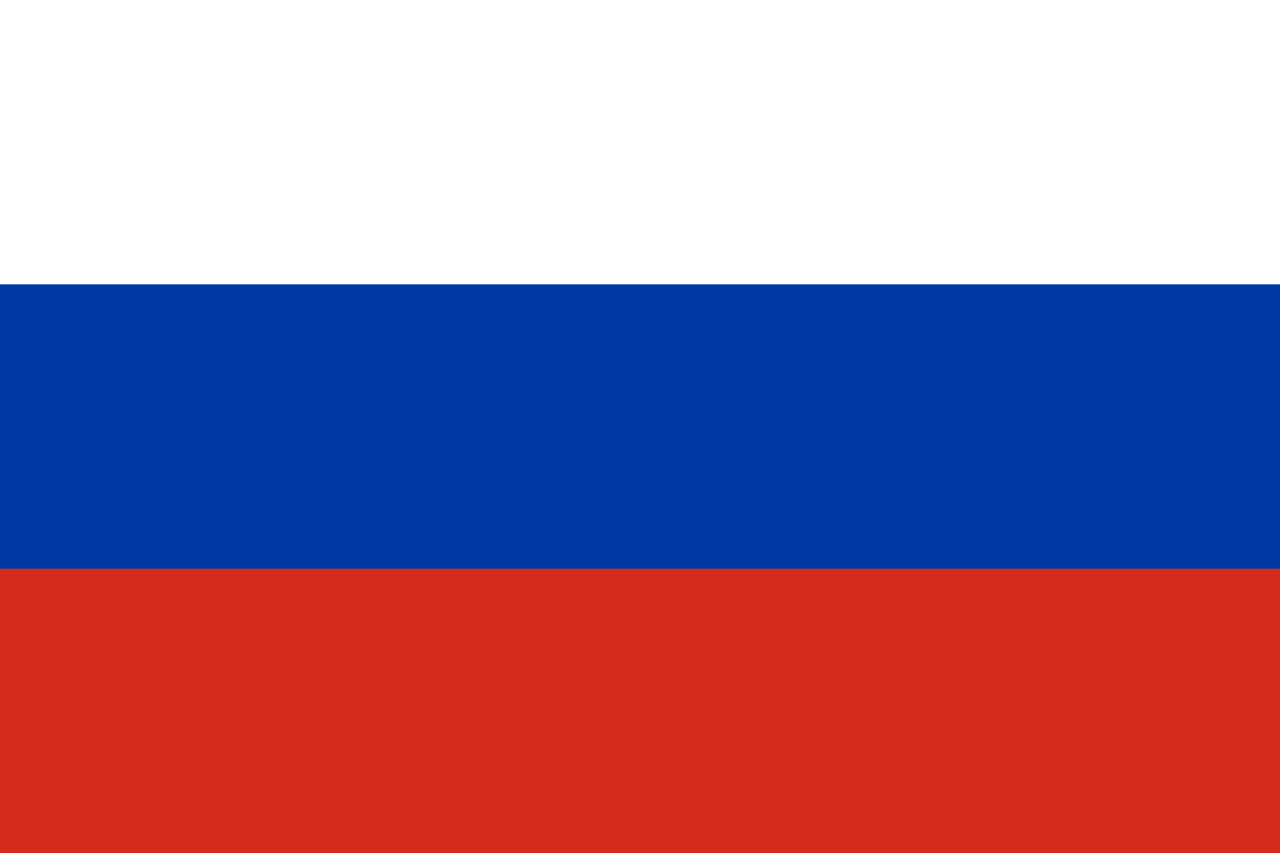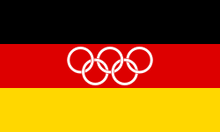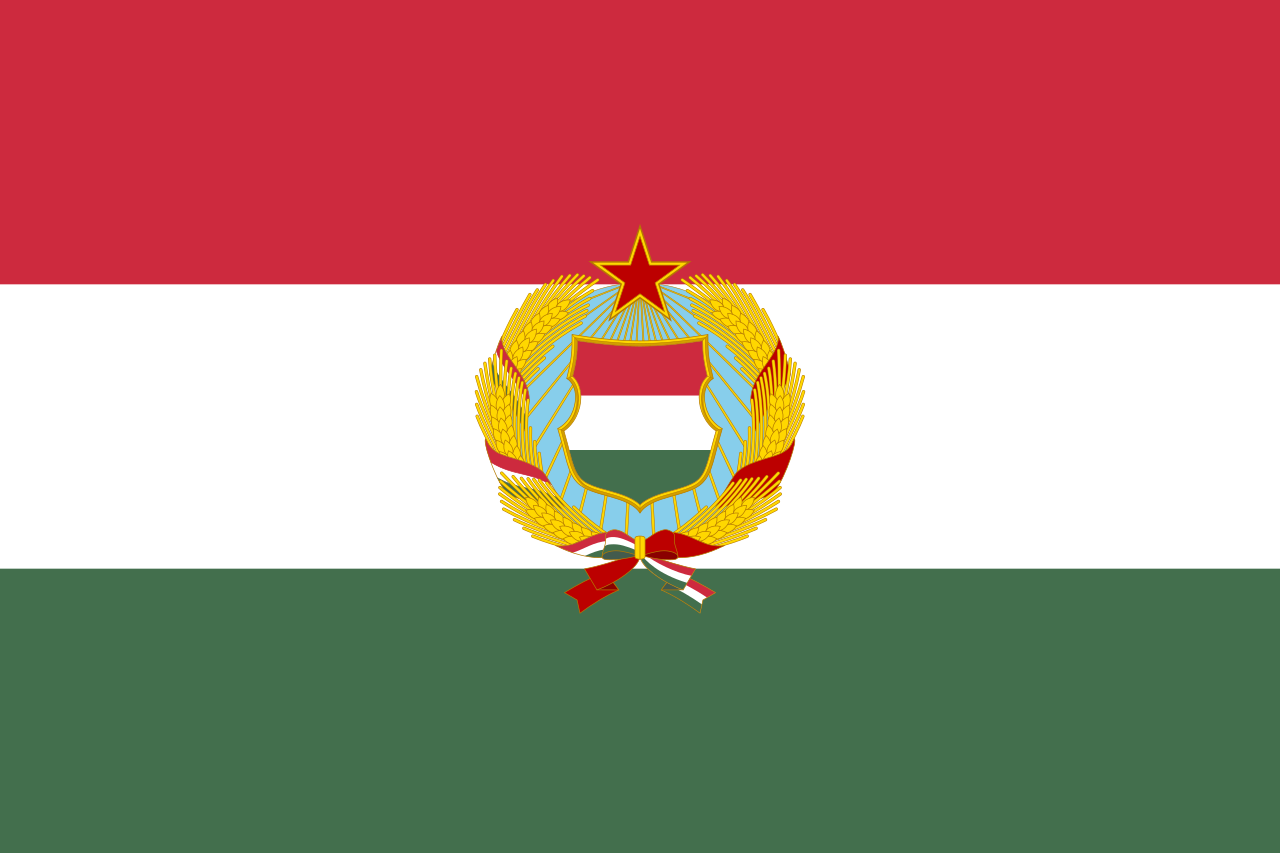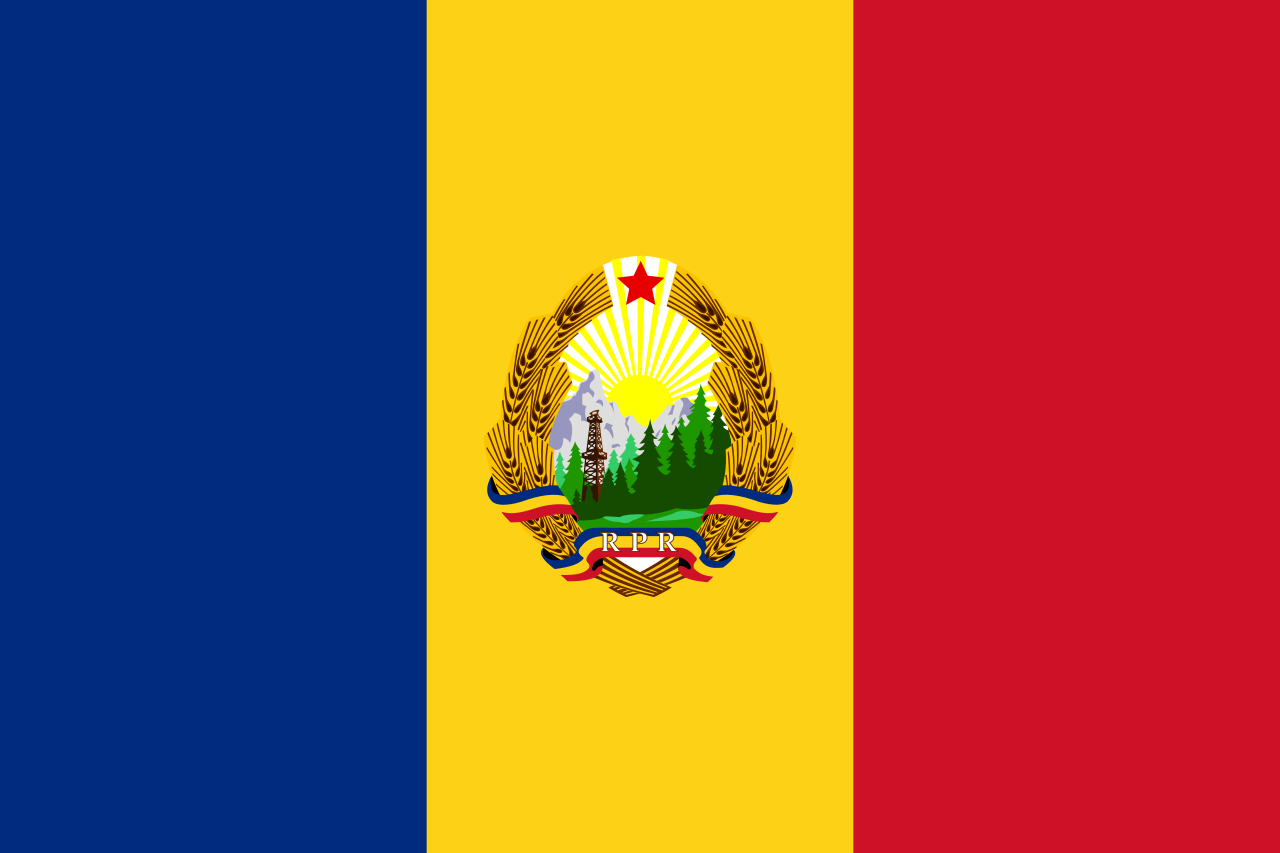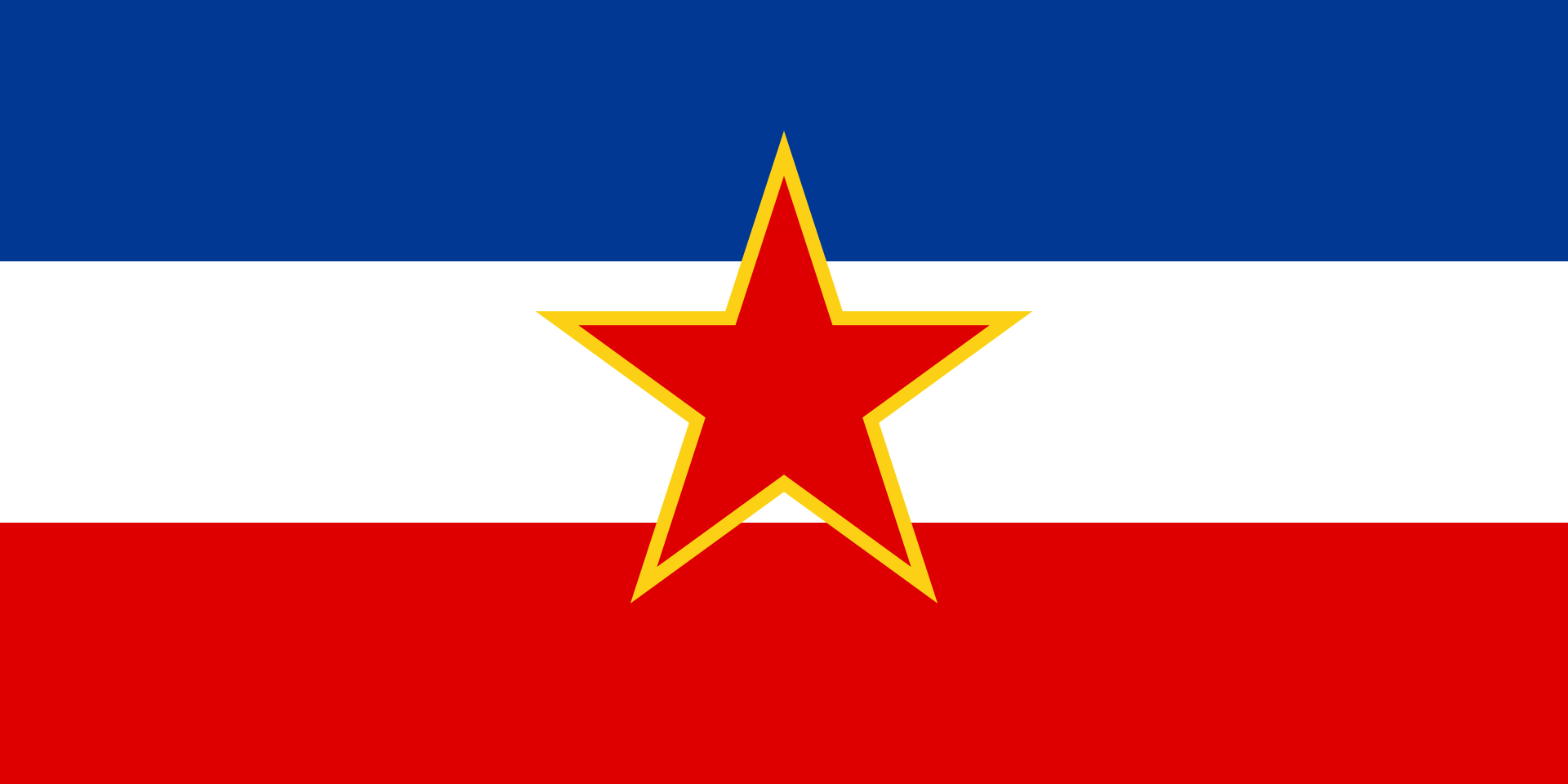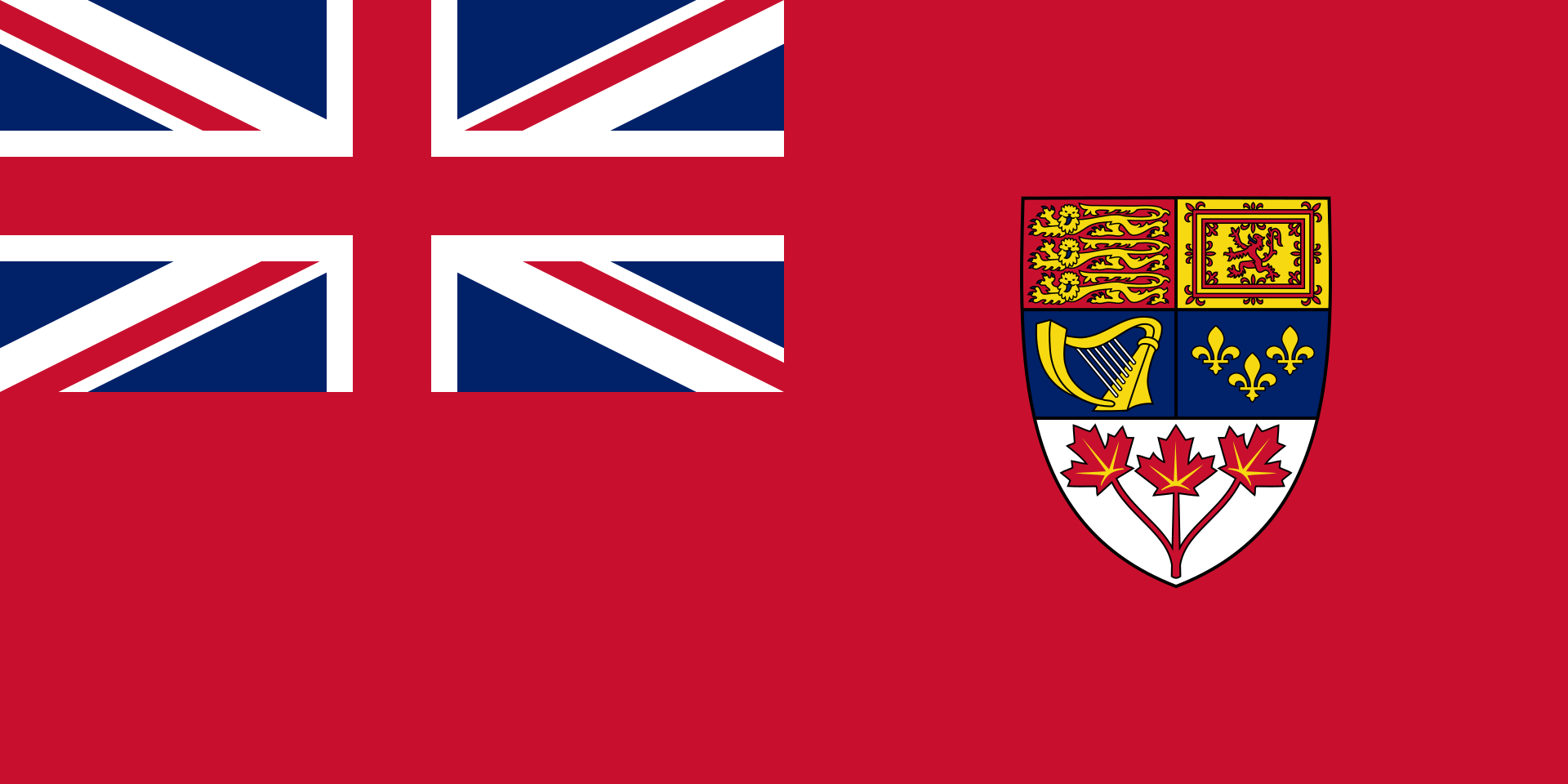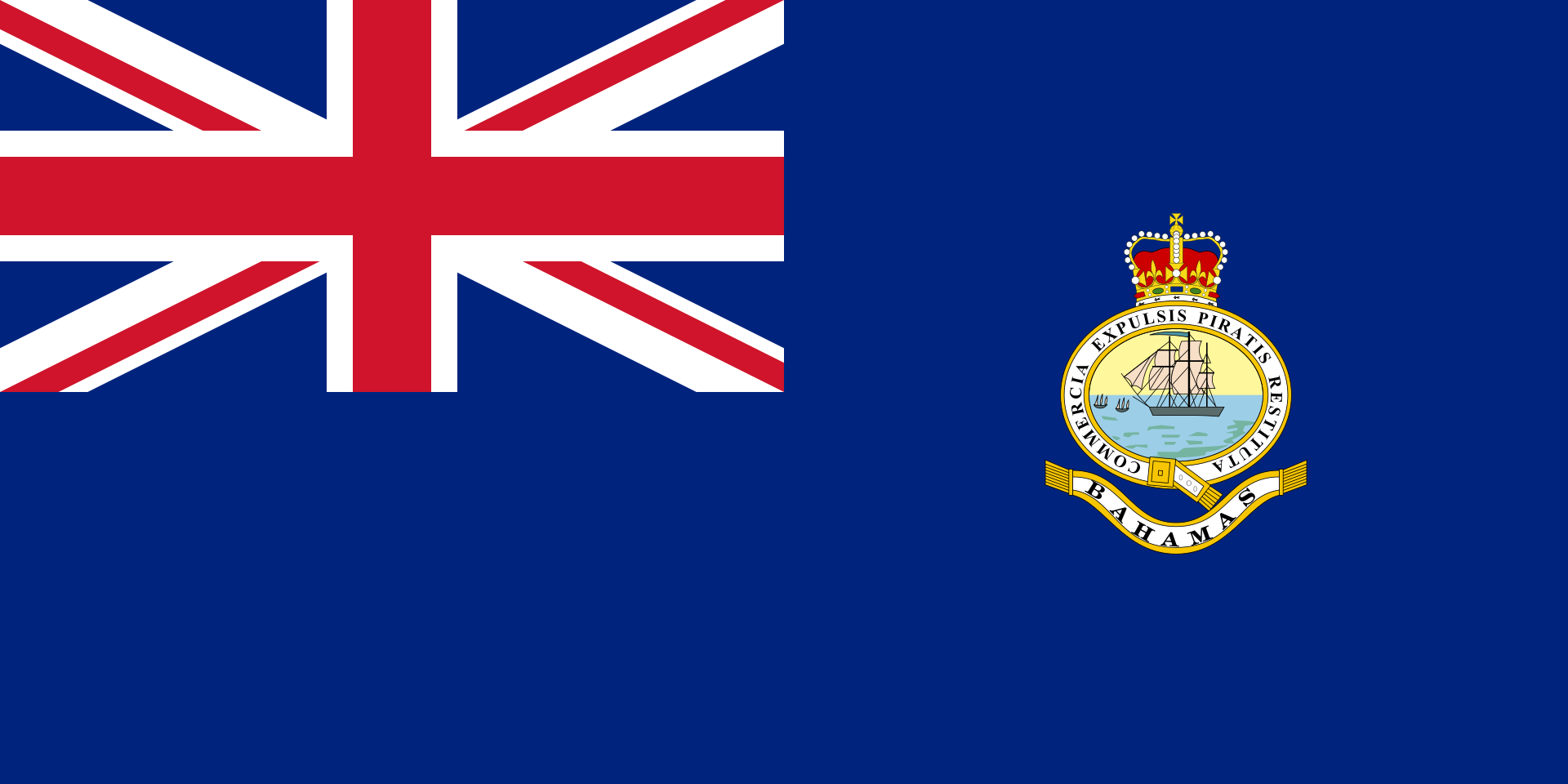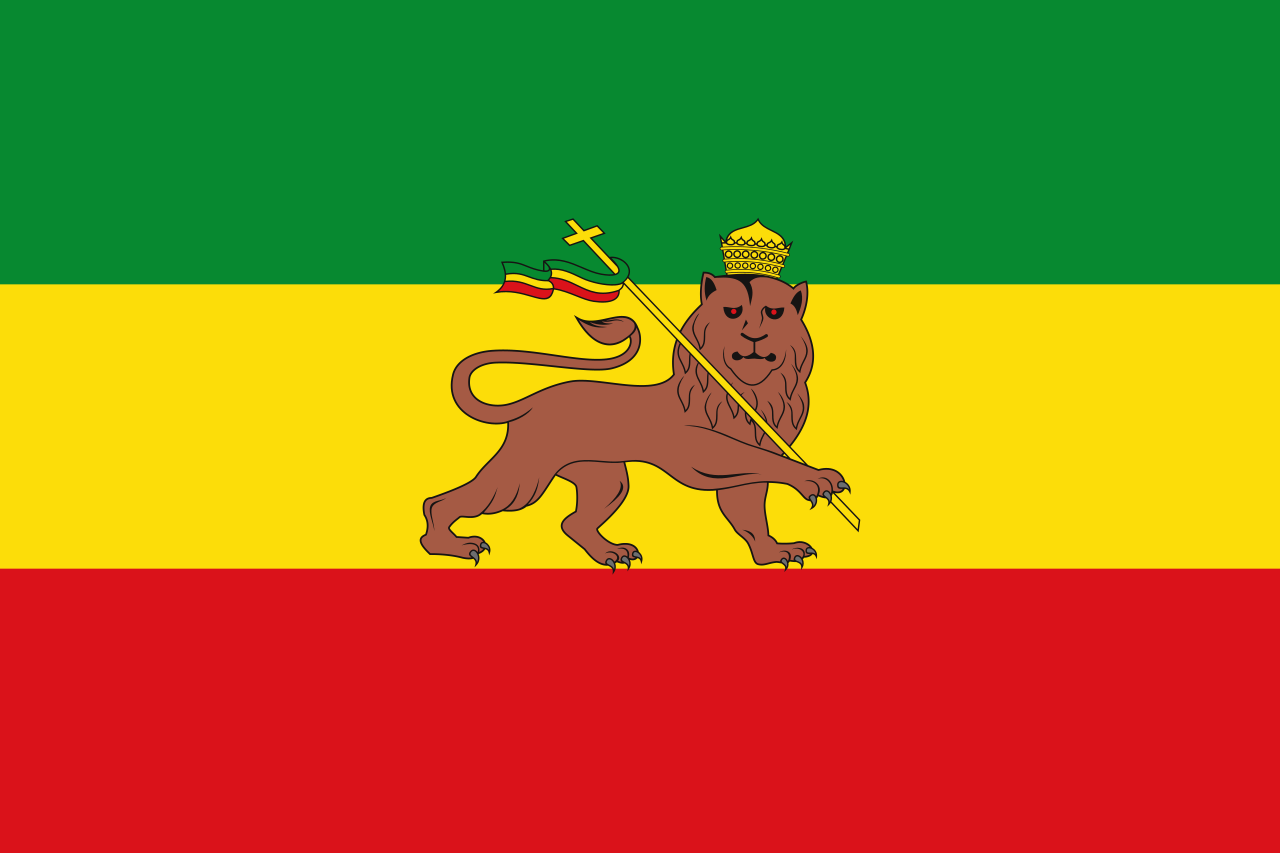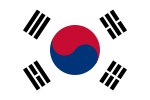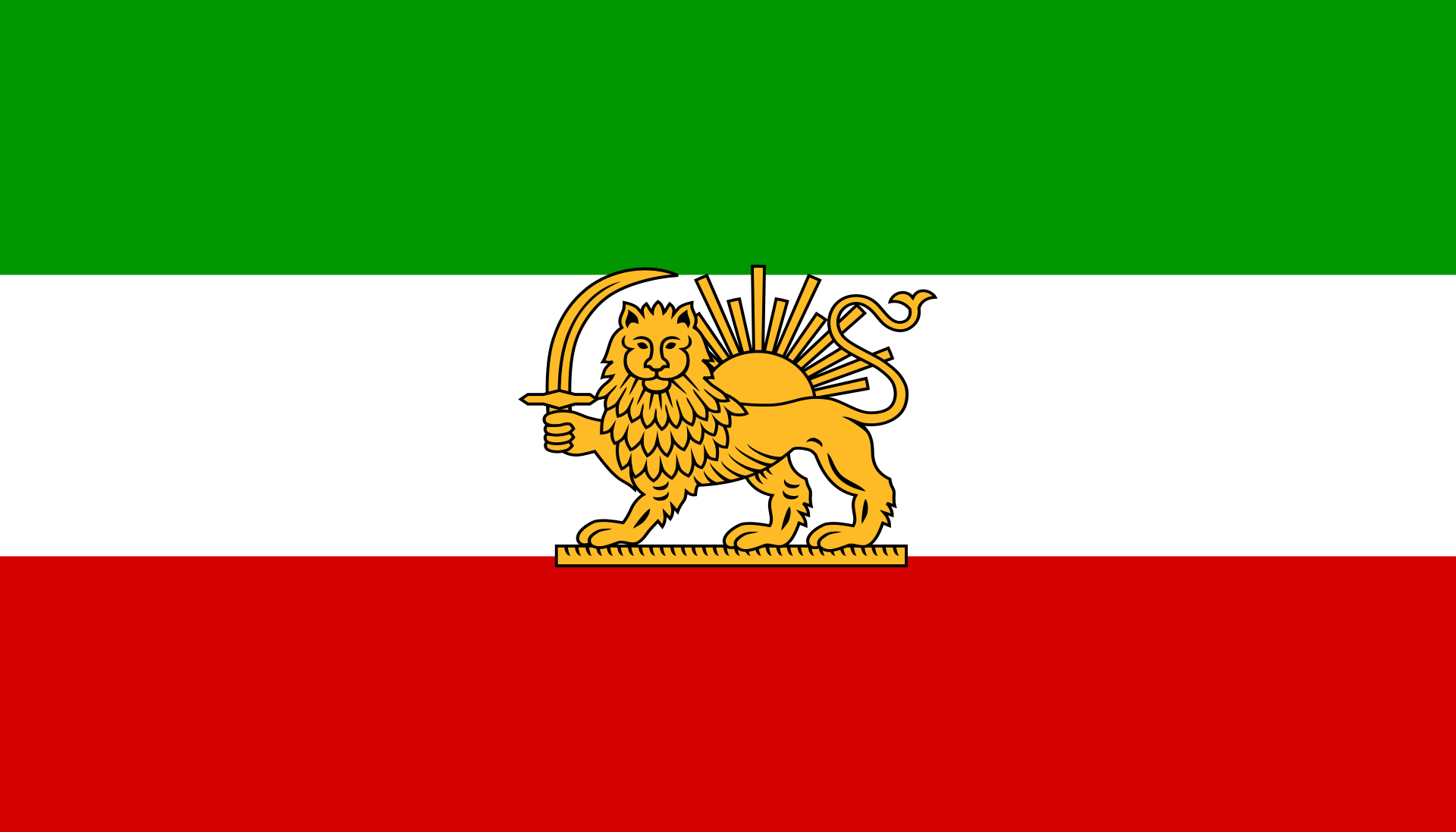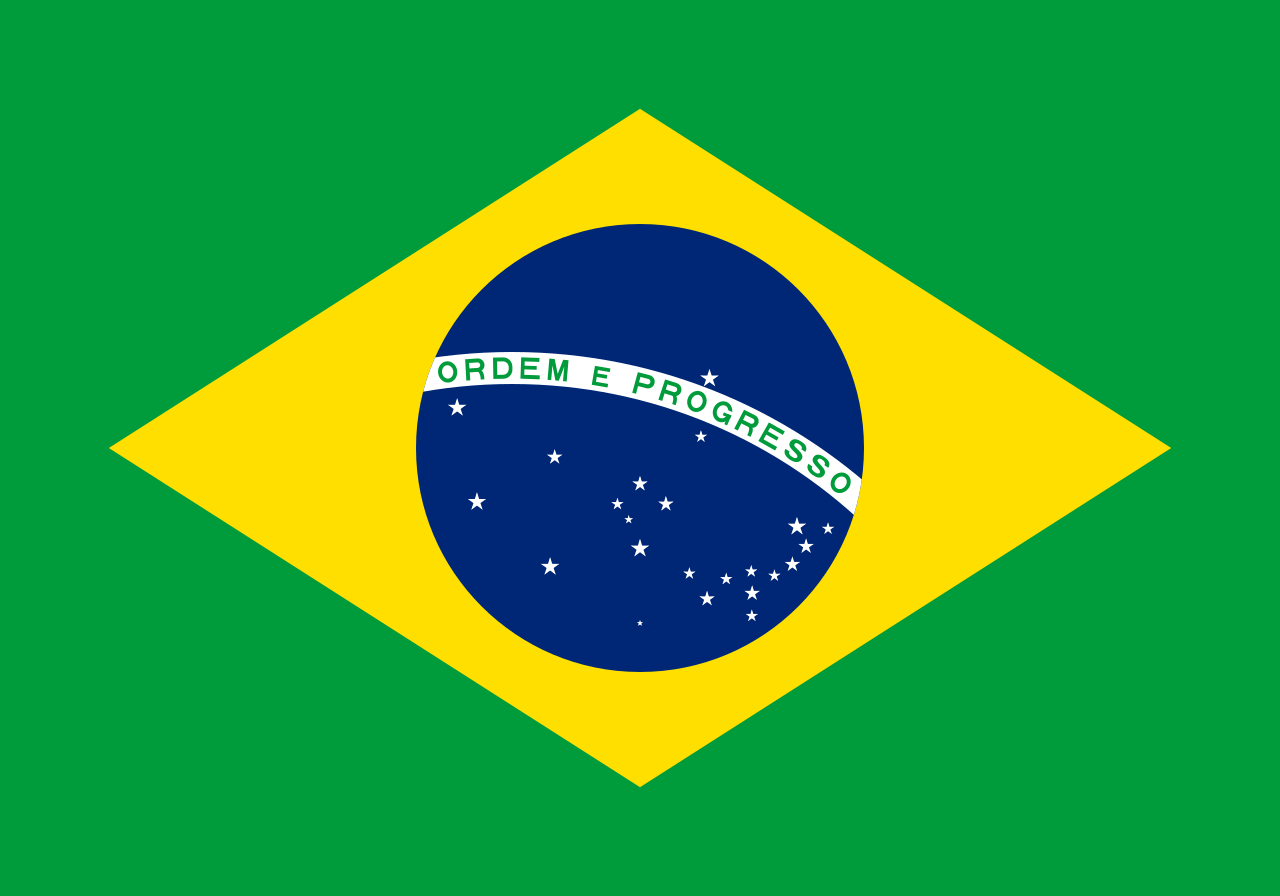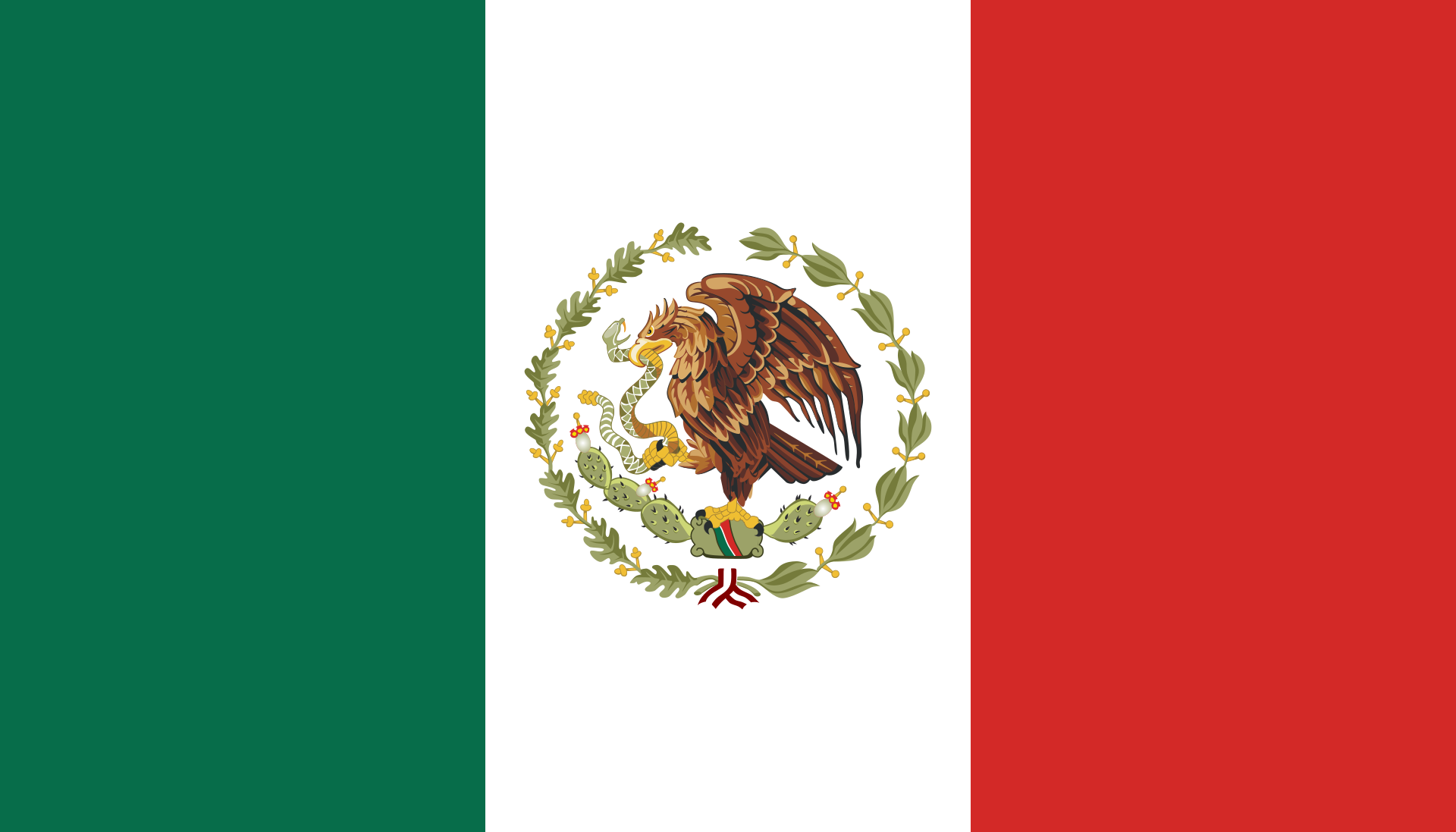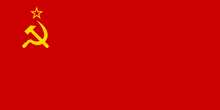
18. Olympic Summer Games
Olympic Medals in the games of 1964 in Tokio
504 Medals in 21 Sports in 163 Events
Asia hosted for the first time in 1964 with the Tokyo Summer Olympics. The Japanese capital had already been awarded the contract for 1940, but returned it to the IOC on July 16, 1938 due to the Sino-Japanese War. After the outbreak of World War II, the 1940 games did not take place in the alternative host city of Helsinki. Japan had been excluded from the 1948 games as an aggressor during World War II, and the 1964 summer games awarded to Tokyo were also a sign that the trenches had been finally removed after World War II. Japan was now bound to the West, and there was a bilateral security contract with the former US enemy. Japan developed economically in the 1960s and the country's reputation had risen considerably. The West valued Japanese products for their reliability.
The Japanese saw the organization of the summer games as an opportunity to present themselves to the whole world. Money didn't matter, it was much more important to increase Japan's esteem in the world. The penchant for perfection should not allow mistakes, so as not to damage the reputation. The swimming pool was described by IOC President Avery Brundage as "Cathedral of Sports", the Olympic Stadium had 8 tracks for the first time, in previous games it was 6. The gym and all other sports facilities were architectural masterpieces. A lot of money was also invested in road construction.
93 participating nations were a new record; the number of athletes was over 5,100, just below that of Rome, but much higher than in Melbourne. There was a central Olympic village on the Washington Heights, a place where American occupation soldiers were housed after World War II, and other athletic villages. Japanese cities do not have street names so that the guests could find their way around, but there were some in the Olympic Village for orientation.
Since a NASA news satellite was already orbiting, intercontinental television broadcasts to California were possible for the first time. All press seats at the games were equipped with television sets. IBM made it possible for the results to be available electronically shortly after the competitions ended.
The Berlin Wall was built in 1961, which made the separation of the two German states even clearer. Nevertheless, the athletes of the GDR and FRG competed again in an all-German team. Although the FRG had twice as many inhabitants, more athletes from the GDR qualified for the games. The all-German team was a farce, however, because east and west, men and women were strictly separated and were not allowed to talk to each other!
The IOC's exclusion of the People's Republic of China, South Africa, Indonesia, North Vietnam and North Korea was a negative record. The inflammation of the Olympic flame by Yoshinoro Sakai was symbolic: he was born on August 6, 1945 near Hiroshima, the day the atomic bomb was dropped.
Japan is the country of origin of judo, the sport that was newly introduced in the Olympic program. Japan's athletes won almost all competitions. The fact that in the open class of the Dutchman Antonius Geesink defeated the Japanese favorite Akio Kaminaga was like a national catastrophe.
The Soviet Union was ahead in terms of the total number of medals, and the United States in terms of the number of gold medals. So both could feel like winners.

